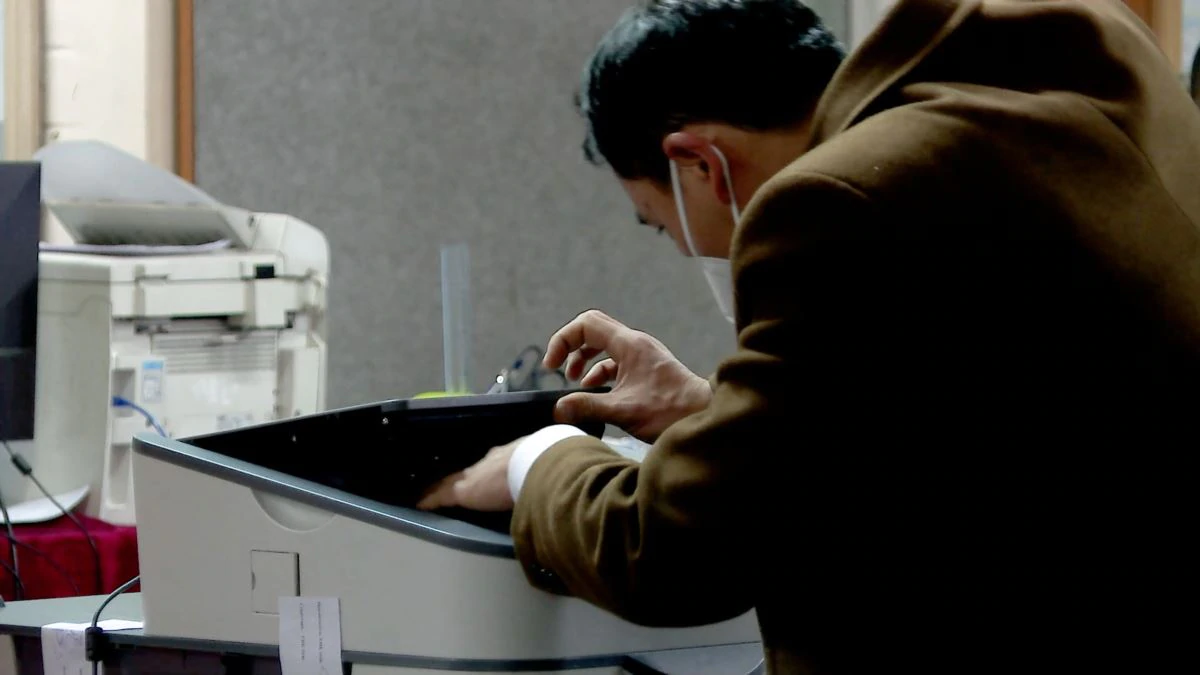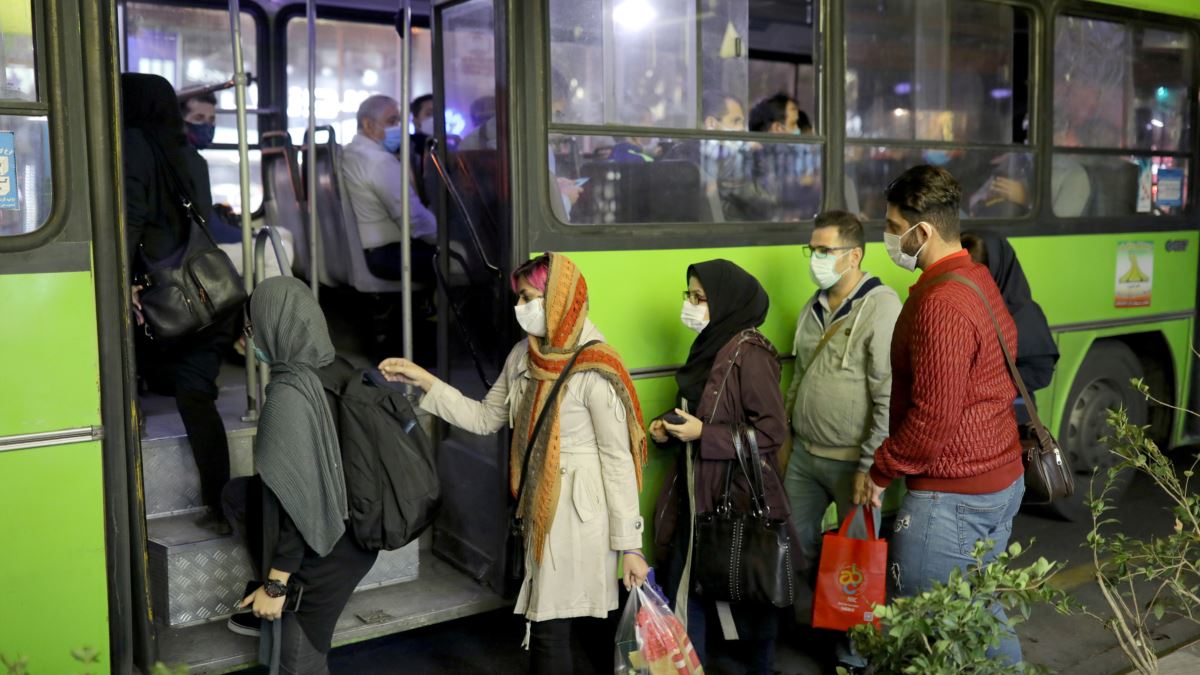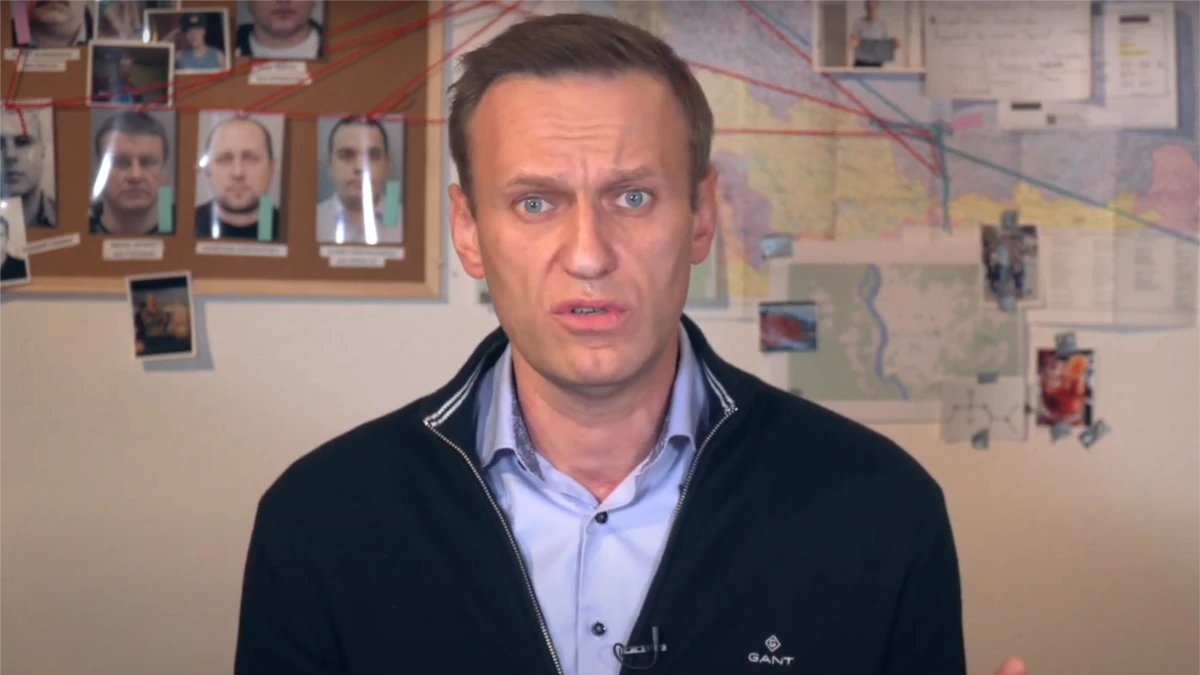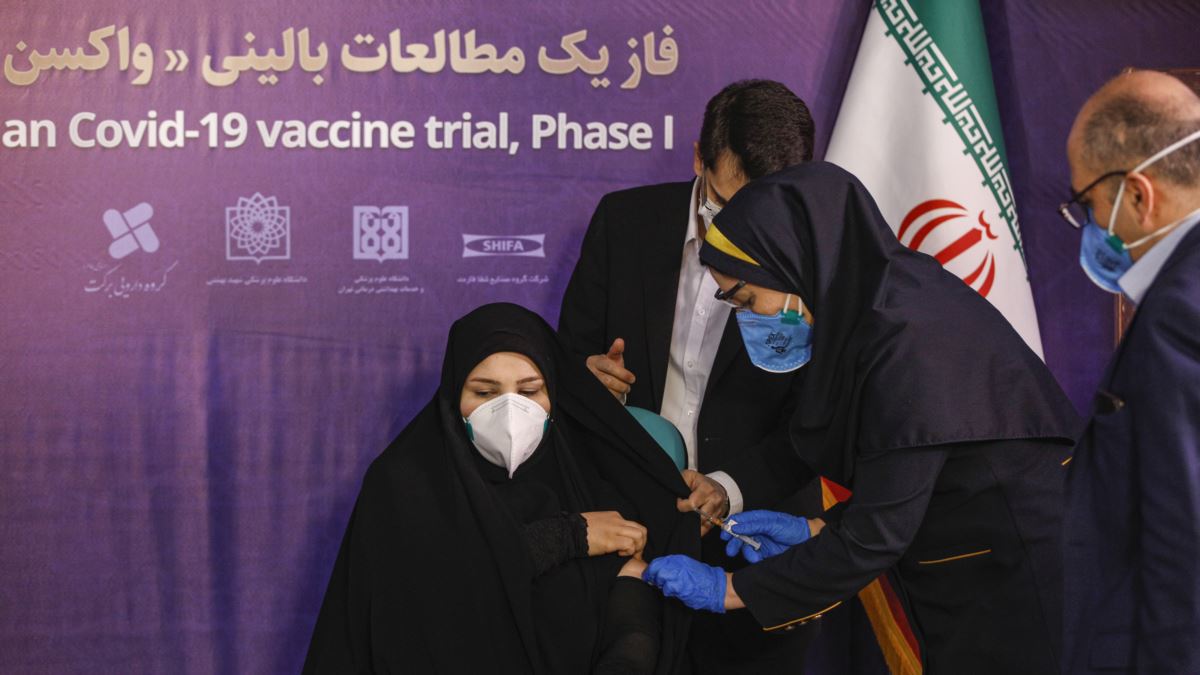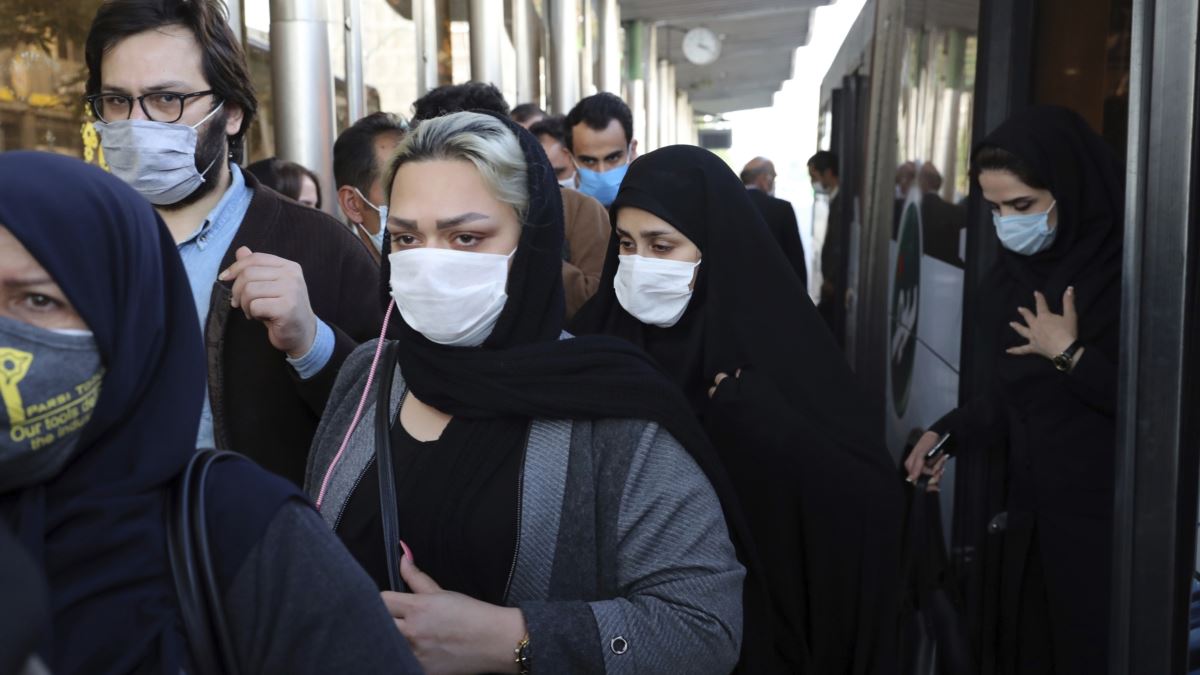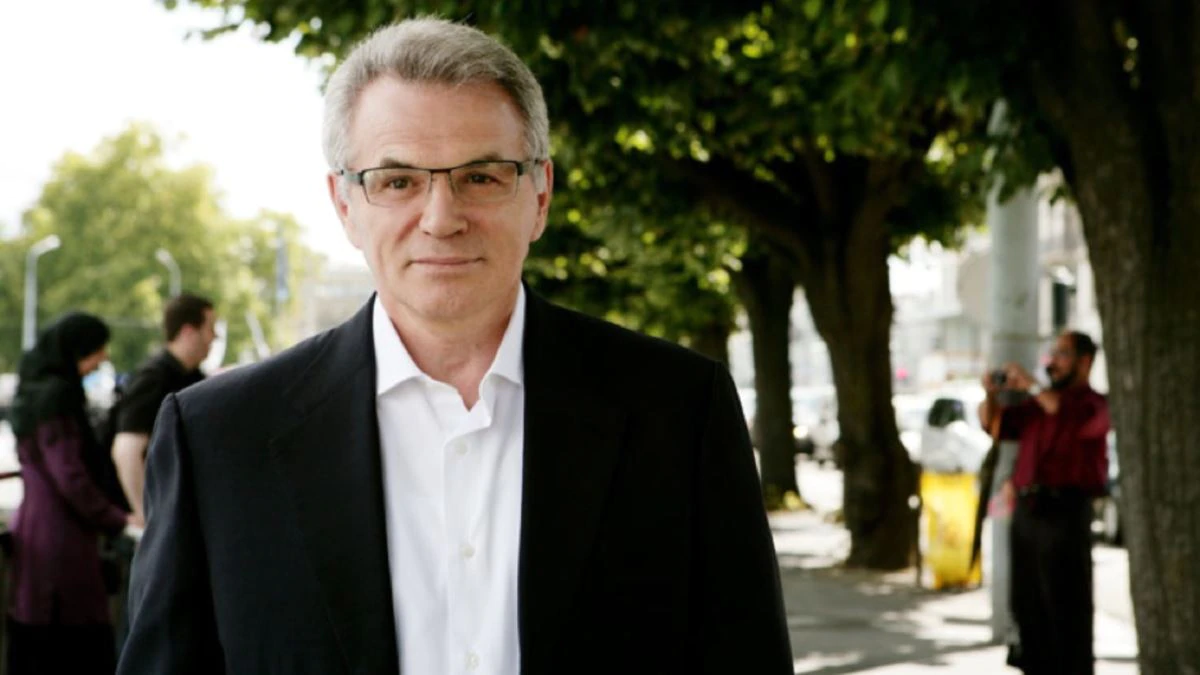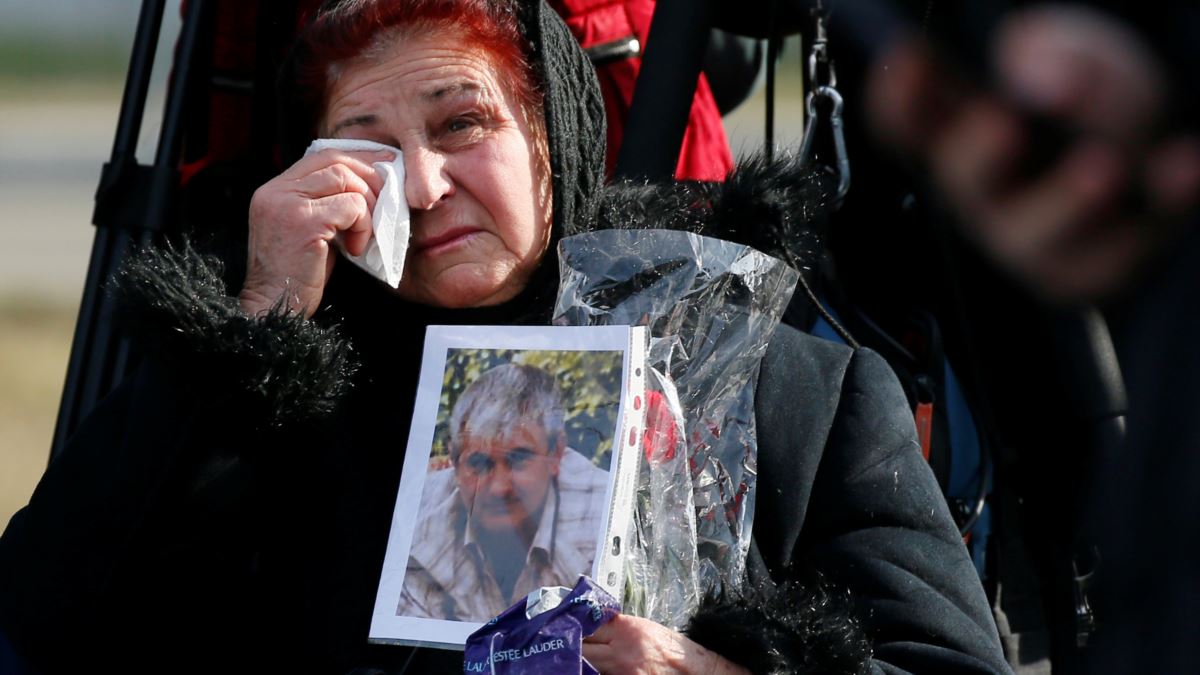Kyrgyzstan is holding a crucial presidential election and national referendum on January 10 to determine if the country should revert to a presidential system.
But because the processes that led to this election day were rushed, questions linger about the legality and legitimacy of decisions that have been made by Kyrgyz officials. It is therefore difficult to escape the feeling that this election will not deliver stability and could even sow the seeds for future problems.
The elections are a consequence of the mass unrest that broke out after the country held parliamentary elections on October 4.
Concerns before the election of vote-buying were confirmed when the results showed the two parties suspected of dishonest campaign tactics, Mekenim Kyrgyzstan and Birimdik, received an overwhelming percentage of the votes.
Unrest then broke out in the capital, Bishkek, on October 5 and a day later the government had been chased from power with the president, Sooronbai Jeenbekov, seemingly in hiding. He would soon resign.
The tumult marked the third time since 2005 that a president and his government had been ousted by protests and most assumed — as happened in 2005 and 2010 — that opposition leaders would cobble together an interim government.
But while many opposition figures and groups were anxious to claim a role in the victory of having the faulty elections annulled, they were slow to cooperate in forming an alliance to take up the reins of power.
A huge power vacuum appeared and a group that did not take part in the October 5 protests came to the fore.
That group then also pushed for this presidential election.
From Prison To President?
There are 17 candidates competing to be president in Kyrgyzstan, the lone Central Asian country where free and democratic elections are held.
The favorite to win the vote is Sadyr Japarov, who woke up in a prison cell on October 5 where he was about one-third of the way through a 10-year prison sentence he was serving for hostage-taking during a protest against a mining operation in northeast Kyrgyzstan in October 2013.
Quickly freed from prison overnight on October 5-6 during unrest in Bishkek, within two weeks he would become acting prime minister and acting president of the country. It is still unclear which powerful figures have backed Japarov’s meteoric rise to power, though there are suspicions organized criminal groups have played a role.
Along with Japarov there are some other relatively well-known people running for the presidency.
Adakhan Madumarov (file photo)
Adakhan Madumarov is the leader of Butun Kyrgyzstan, the only opposition party that won seats in the October 4 parliamentary elections, garnering 13 of the 120 available.
Madumarov was a candidate in the 2011 presidential election when he placed second, and in 2017 when he was third.
Kanatbek Isaev (file photo)
Kanatbek Isaev is the leader of the Kyrgyzstan party, which also won seats in the October 4 elections (16) but was seen as a pro-government party. Isaev was a parliament deputy and served as parliament speaker from October 13 to November 4.
He should have become acting president when Jeenbekov resigned on October 15 but declined, paving the way for Japarov to take the post. Isaev later said he did not want to be acting president because it constitutionally prohibited him from running for president.
Klara Sooronkulova (file photo)
Klara Sooronkulova is the leader of the Reforma party, which was created just before October’s parliamentary poll. She is a former Supreme Court judge and since October has led many of the court challenges against the decision to delay new parliamentary elections, allowing Japarov to run for president despite having served as acting president, and the decision to hold a referendum on the constitution.
Kanybek Imanaliev (file photo)
Kanybek Imanaliev is a deputy from the Ata-Meken party, an opposition party from the parliamentary elections. He was one of only four deputies to oppose holding the constitutional referendum.
Abdil Segizbaev (file photo)
Abdil Segizbaev is a former chief of the State Committee for National Security (UKMK) and, as a presidential candidate, has been one of the most vocal critics of Japarov. He has challenged Japarov about his role as a top official in the anti-corruption agency under President Kurmanbek Bakiev (2005-2010), when billions of dollars were taken out of Kyrgyzstan and several successful private firms were taken over by Bakiev’s friends and relatives.
Nearly all the other candidates have made negative comments about Japarov in a series of debates held on state television in late December.
Japarov is the only candidate still running who did not participate in the debates, claiming he was too busy meeting with voters.
The 52-year-old Japarov has received far more donations for his campaign than his opponents.
According to the Kyrgyz news website Kaktus.media, as of early December Japarov had raised 1.23 million soms (about $15,000), trailing two other candidates: Babarjan Tolbaev (5.2 million soms/$63,000) and Aymen Kasenov (1.454 million soms/$17,000).
Also Read: Plunder And Patronage In The Heart Of Central Asia
But by December 25, Kaktus reported that Japarov’s campaign fund had raised 47.4 million soms ($570,000). The candidate with the next most campaign money is Babyrjan Tolbaev, with 9.35 million soms ($112,000). The other candidates have all raised less than 5 million soms ($60,000).
Japarov has said several times that the money had been donated by the “people of Kyrgyzstan,” but one report said at least 30.9 million soms of his total came from just 10 people and two companies.
The ‘Khanstitution’
Holding a constitutional referendum was an idea raised in late October, but it quickly went from just making some reforms to the document to making major changes that amounted to rewriting it.
By early November, Japarov and members of his Mekenchil party said the current constitution establishing the parliamentary system of government and a division of power between the president and prime minister has not worked. They argued that it is necessary for one person to hold all of the main powers.
A new constitution was drafted that immediately sparked resistance from several quarters in Kyrgyzstan.
The draft would make the president the head of state and head of government while including an official role for a kuriltai, or council, that would be a consultative body able to recommend, among other things, the dismissal of officials.
It was dubbed the “khanstitution” by opponents who said it would legitimize authoritarian rule.
On November 22, the first of a series of peaceful marches against the constitution started in Bishkek. They have continued every Sunday since then.
Acting President Talant Mamytov signed a decree on November 20 to establish a constitutional chamber of 89 members to redraft the “khanstitution” and the group quickly fell into disagreement over many points, for example whether the word “secular” should be stricken from the constitution or the name of parliament, Jogorku Kenesh, should be changed.
In the end, the motion for a referendum on a constitution was adopted by parliament on December 10 — one month before the referendum would be held — after quickly approving it on the second and third readings.
What voters in Kyrgyzstan are being asked to approve on January 10 is simply whether they want a parliamentary of presidential form of government.
A second referendum will need to be conducted, tentatively in March, to vote on a new draft constitution.
Questions Of Legitimacy
From just after the October parliamentary elections until January there have been a multitude of questions and problems about the decision-making processes of Kyrgyz officials.
First off, the parliamentary mandates for the deputies expired on October 28, and though deputies voted to extend them until new parliamentary elections are held, they legally should have not been allowed to vote on any matters involving a major policy change, such as the holding of a referendum to change the constitution.
Therefore every decision parliament approved after October 28 is considered by some legal experts in Kyrgyzstan and many others to have no validity.
Also, Japarov was named acting president on October 16 and officially took up the duties of that office on October 21, but as former parliament speaker Isaev noted, it is banned by the constitution for an acting president to run for president.
On October 26, Japarov announced he would step down as prime minister and acting president so he could run for president.
But two days later, Japarov and other government members took their oaths of office.
Kyrgyz acting President Talant Mamytov (file photo)
On November 14, Japarov finally left his state posts and Talant Mamytov, the parliament speaker since November 4, was named acting president.
Japarov has also said several times that he would not appoint his friends to government positions, but Mamytov and the current head of the UKMK, Kamchybek Tashiev, were co-defendants with Japarov when they were on trial in 2013 for trying to overthrow the government.
They were convicted in March 2013 and sentenced to 18 months in prison.
One of the judges that eventually acquitted the three in an appeals court in June 2013 was Kurmankul Zulushev, who was appointed prosecutor-general on October 21, just days after Japarov became acting president.
Zulushev was dismissed for the decision to acquit the three deputies and two months later the Supreme Court overturned those acquittals but ruled the three did not have to return to prison.
There are also questions about the Supreme Court’s abrupt decision to acquit Japarov of the hostage-taking charges and to overturn the guilty verdict against Japarov, Mamytov, and Tashiev for trying to overthrow the government.
And it is still not clear when there will be new parliamentary elections, even though the annulled October 4 elections led to so much that has happened since then and despite the fact that preparations to hold them began in late October.
Japarov has variously cited “spring” or “before the end of the first half of 2021” as the time when they would be held.
In the end, the populist Japarov is the big favorite to win the presidential election and the proposal for a presidential form of government also seems likely to be approved by voters, largely because of Japarov’s support and promotion of it.
But there are so many aspects of Japarov’s rise to power, and the changes he has been making since then, which are open to legal challenges, leaves many thinking that once his momentum slows and his popularity dissipates — as seems almost certain to happen given the economic and other crises Kyrgyzstan faces — the country is likely to fall back into a political crisis of some kind.
Gulaiym Ashakeeva of RFE/RL’s Kyrgyz Service, known locally as Azattyk, contributed to this report.
This post was originally published on Radio Free.



